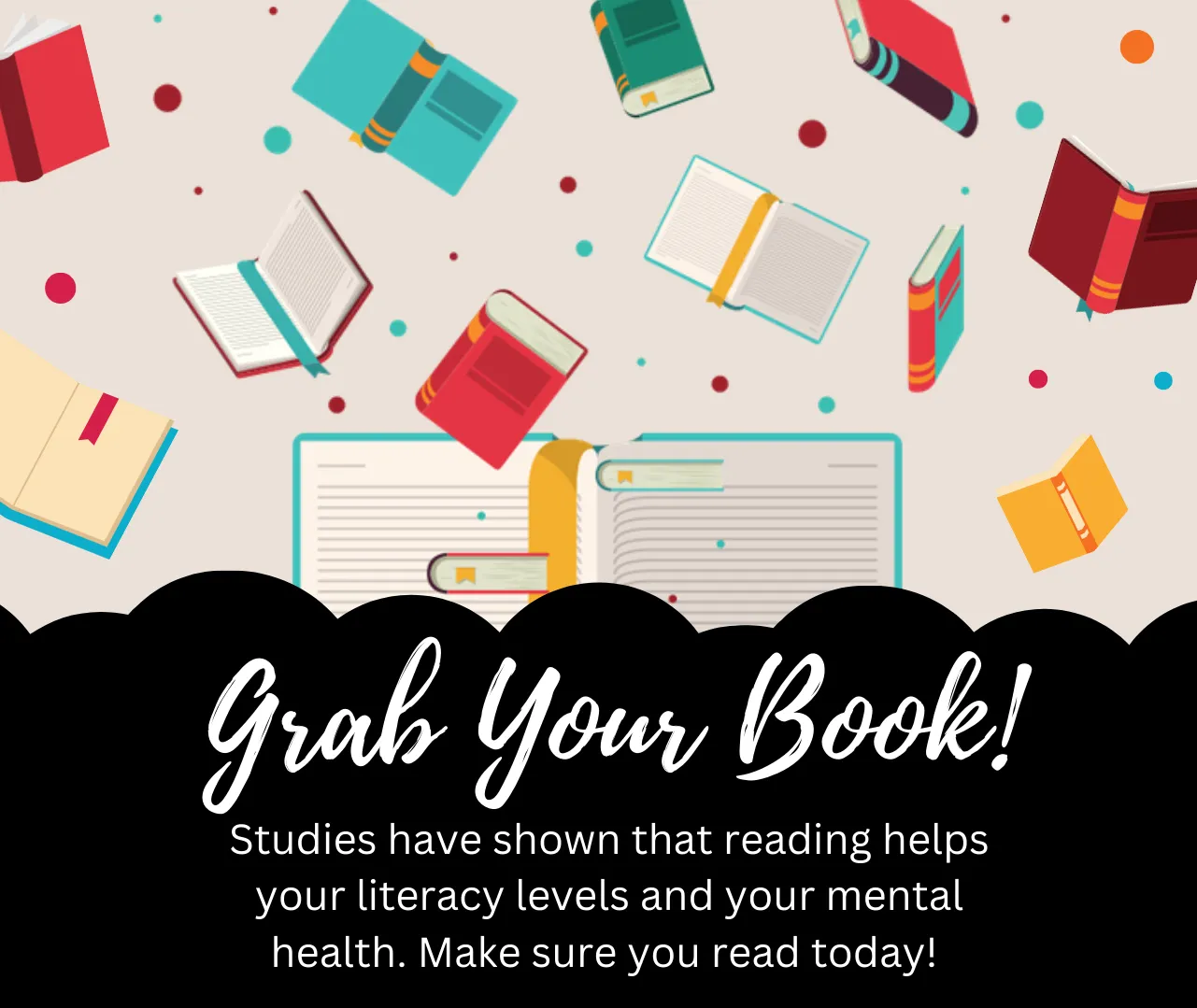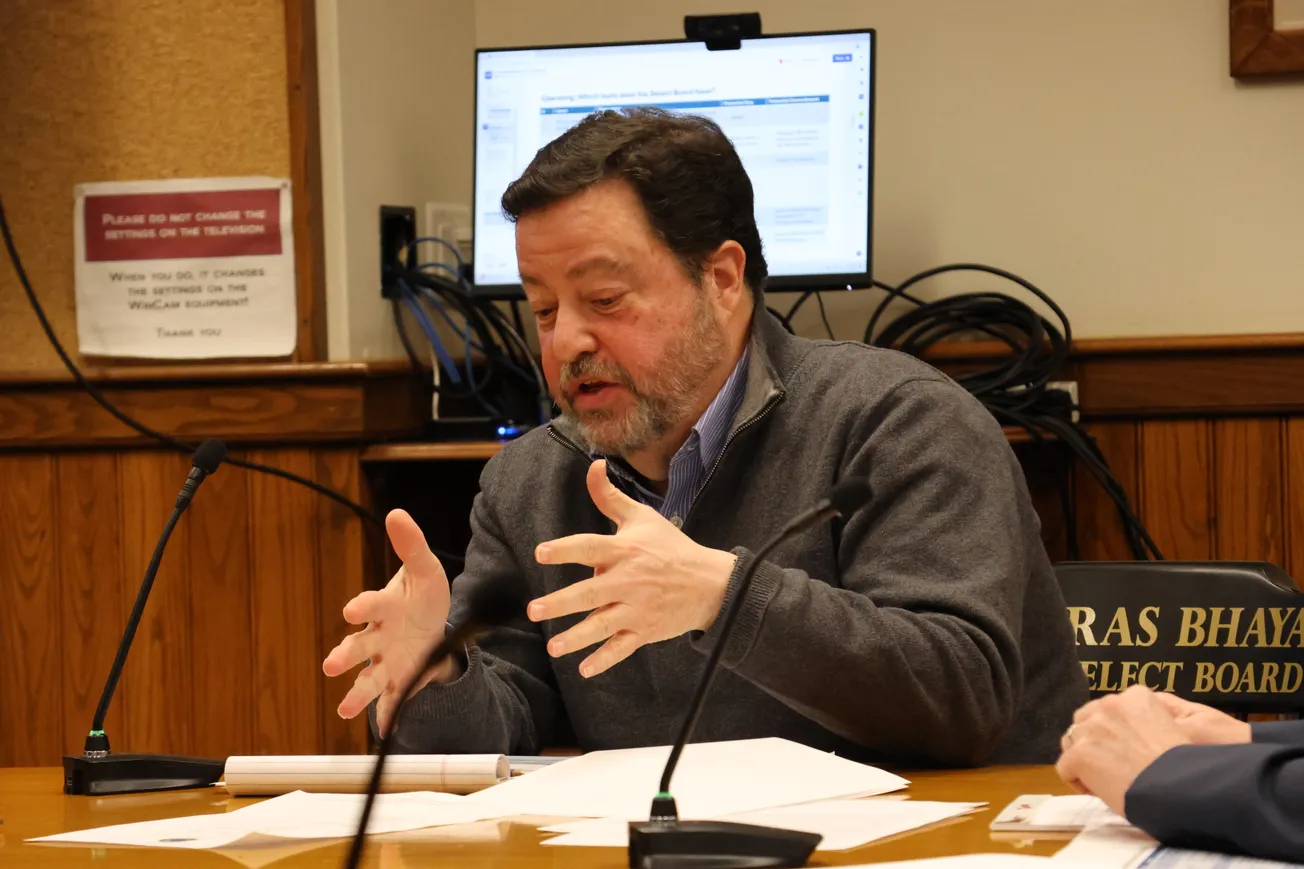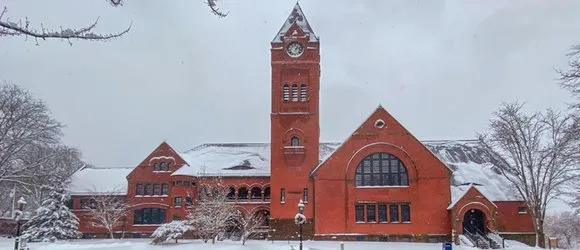Table of Contents
Aanya Naik and Siobhan Fisher never thought much about elementary literacy programs until a class assignment got them motivated to think otherwise.
When the McCall Middle School eighth graders were given action assignments, Naik and Fisher, along with a group of their classmates, were given elementary age literacy as their topic.
An action assignment requires the students to research an issue then figure out how to take action regarding it. The classmates said they thought the kids who received gun control or climate change as their topics had it easier, but in the end, they agreed they learned a lot and appreciated the challenge.
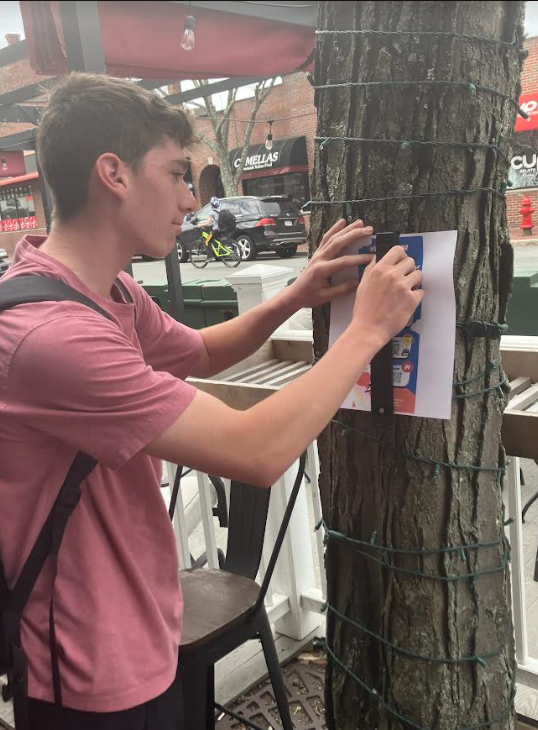
Why literacy?
Elementary literacy became a hot button topic in Winchester after a Boston Globe article said the “balanced literacy curriculum” that Winchester and other school districts like Newton, were using was deemed low quality by the state.
Fisher said the curriculum, “units of study,” teaches students to read through pictures rather than sounding out or pronouncing words. It’s also been said that children are often taught to guess at words they don’t know based on what makes sense relative to the story.
When asked if they remembered using the balanced approach when they were learning to read, both girls said no.
“I remember that they’d say sound it out,” said Naik. “And my sister is also learning to read currently, and right now, my mom and me are both encouraging her to sound out the words. So, I honestly never heard of something like that.”
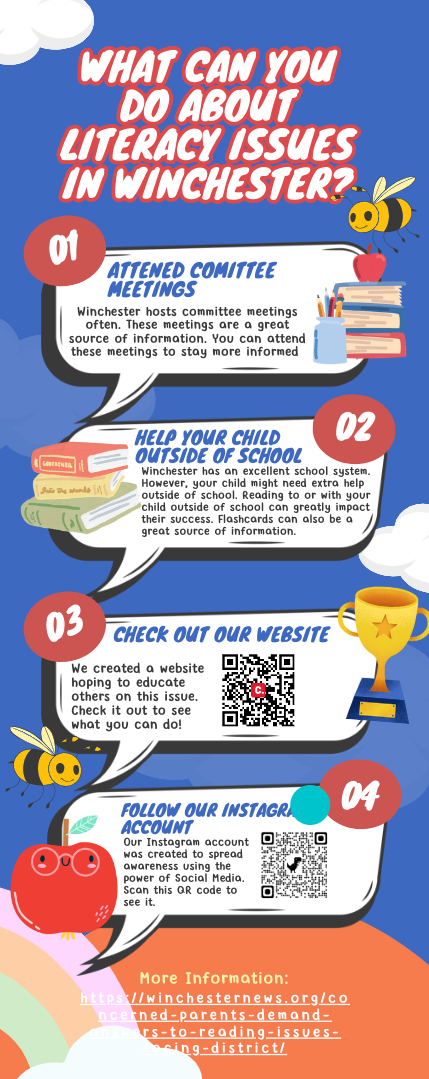
McCall Middle School eighth graders put up these flyers around Winchester, bringing attention to the issue of literacy. COURTESY PHOTO/AANYA NAIK AND SIOBHAN FISHER
Naik said she is concerned that guessing at words rather than using phonics would impact future generations. She said she worried how the curriculum, coupled with the fact that kids spend more time on social media and screens in general, would affect their literacy and reading skills.
Fisher, however, was quick to point out that while they had heard rumblings from adults, she didn’t know literacy among the younger students was an issue until they started their research.
“I don't know if Aanya can agree, but I didn't really realize there was an issue,” she said. “And I wouldn't say that I had any issues with reading or literacy in general.”
Naik agreed it was the Boston Globe article that brought it home for Winchester parents, who began bringing their concerns to the School Committee meetings in January after the story ran.
“It was really kind of bashing our curriculum and it definitely enraged parents throughout town,” she said.
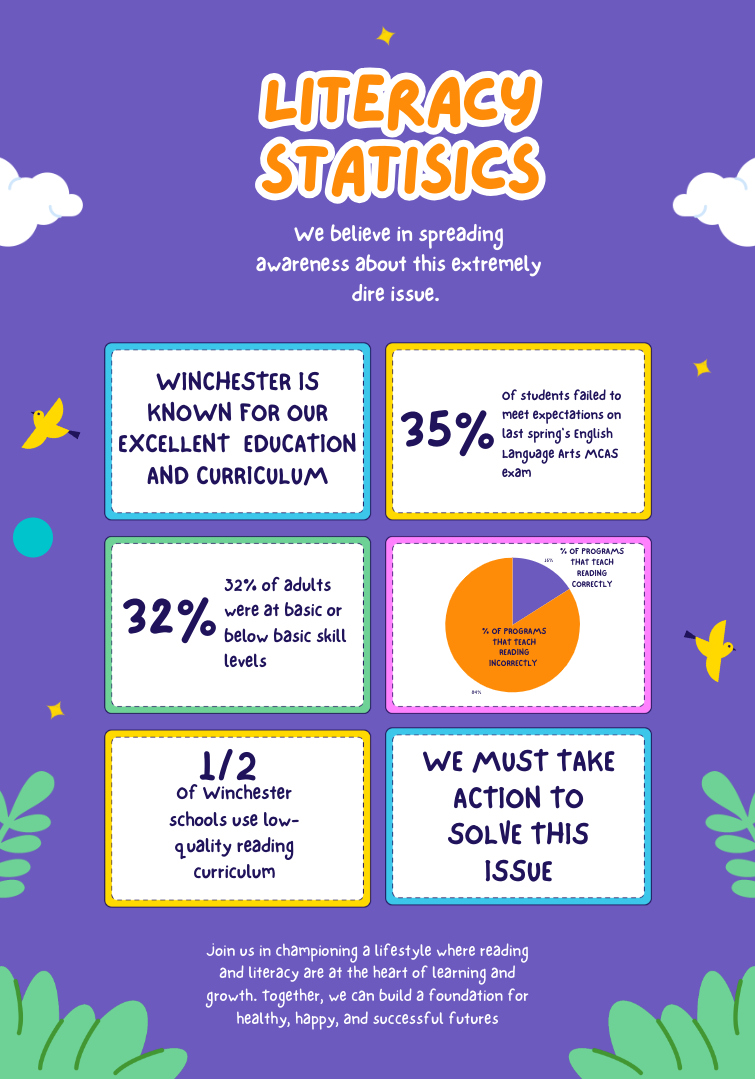
Part of the action assignment is to research an issue thoroughly, in part to make sure they are not putting out any false information, Naik said.
To do that, Naik and Fisher talked to parents and spoke with the head of the English Department. Fisher said the department head told them that not everything in the article was true, and she felt Winchester was being singled out.
But Naik and Fisher still felt the issue was pressing enough that people should be more aware, Naik said.
Spreading the word on literacy
“We obviously can’t vote,” Naik said. “So we decided to spread awareness about it via infographics, social media and that stuff.”
The pair said they’ve received feedback from both people aware it was an issue and those who had no idea — but do now.
“Some said they wanted to help, but they didn't know how or they didn’t know how big the issue was,” Naik said.
Fisher said it wasn’t surprising to learn that many children they spoke with were unaware of the issue.
“When you’re 10 or 9, you’re not aware of any of that,” she said. “Nor do you want to be aware of that.”
“And I think especially since we’re interviewing kids around our age, they’re not in the thick of it,” Naik said. “Like we’re just starting to learn about issues in our community.”
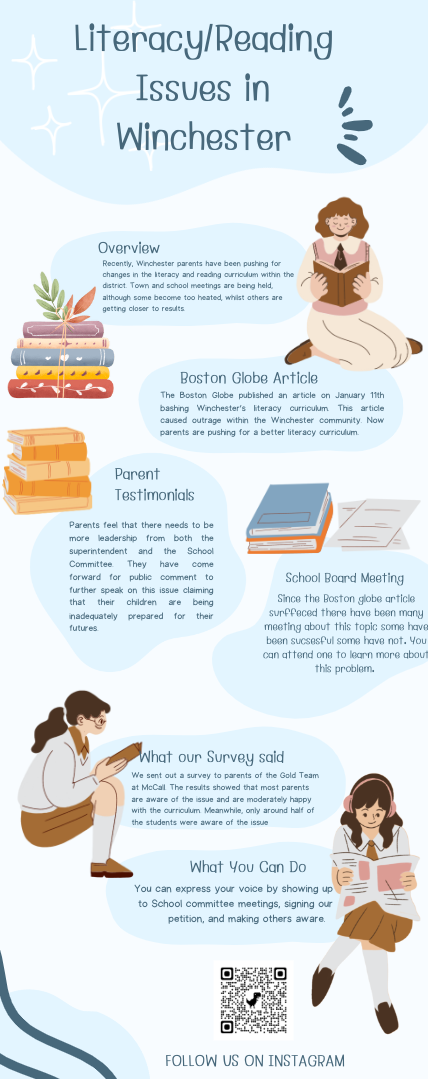
She said when she was younger she certainly didn’t know of any issues like the literacy problem potentially plaguing the schools today.
“That’s also the beauty of this project,” Niak continued. “It definitely encouraged, at least me, to have to kind of face this issue and actually take action rather than just think about what I would do about it.”
Action
The infographics give a concise overview of the problem and offer ways that people can help make a change. They also use a QR code to give people quick access to the team’s website and Instagram account, encourage people to sign a petition and one panel encourages everyone to read.
The students also conducted surveys and interviews and created a social media site and a website.
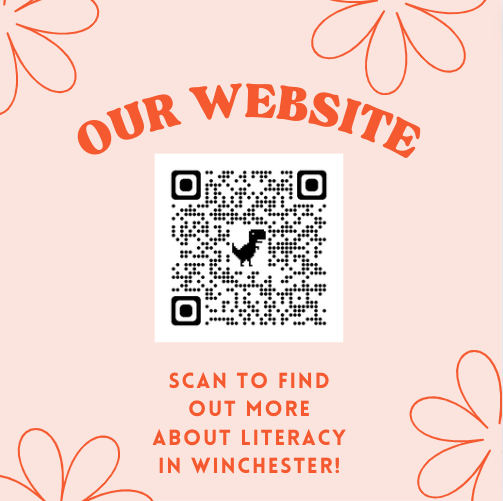
Naik said she was surprised at the reach the issue drew on social media. She said they picked up way more followers than they thought they would. She also said that about 60% of people surveyed said they’d seen the infographics the team posted not only in school, but around town, which they considered a nice success.
While Naik said the ultimate goal would be to see some sort of change in the curriculum, she knows that could be a long process. Fisher, however, believes they’ve made a great start.
“I think the first step to that would be starting just with making more people aware,” she said. “Because obviously, it’s easier to create change if more people are on your side.”
Winchester News is a non-profit organization supported by our community. If you appreciate having local Winchester news, please donate to support our work, and subscribe to our weekly newsletter.

